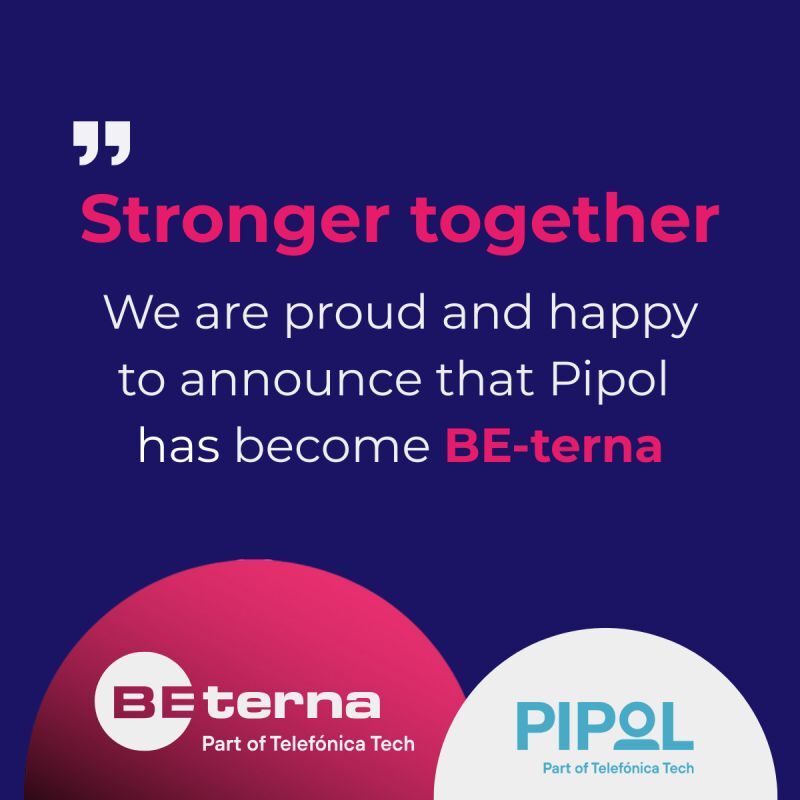In this blog post, we dive into the challenges of harmonizing global processes in international ERP projects. We discuss finding the right balance between best practices and best fit, and how to choose which processes to standardize or adapt locally.
Anyone involved in an international ERP project understands the importance of harmonizing global processes. Global process harmonization involves finding common process denominators based on your defined process value concept. If there are many common denominators, a centrally managed ERP system is feasible. If not, a more decentralized and flexible model may be necessary.
It's a balancing act between best practices and best fit. Depending on your industry and company structure, a single approach may work for all subsidiaries. However, many companies require local adaptations due to different legislation, account plans, infrastructure, organizational cultures, and languages. Ultimately, you need a standard platform that allows for adaptation to bring the most value to your company.
Global Process Harmonization: How to Select the Right Processes
So, which processes should you prioritize and adopt: best practice or best fit? Many organizations fall into the best practices trap, adopting processes based on the belief that they are universally optimal. However, without proper qualification, these best practices can become merely the best-known practices, which may be inadequate.
When stretching the concept of best practices to best global practices, additional factors must be considered. Some processes are more suitable for cross-border deployment than others. This is where best fit processes come into play. Best practices represent the ideal way to implement a specific action, while best fit processes work best in particular situations.
Internally oriented processes, such as administrative tasks, often fit a best practices scenario. Conversely, market-driven processes typically require a best fit approach as they fall outside the company's control area.
Best Practices: Internal processes, specific actions Best Fit: External processes, specific situations
Global ERP Process Owners vs. One Global ERP Partner
Best practices necessitate global process owners, a significant challenge for many organizations. A global process owner is responsible for defining, optimizing, and anchoring the most suitable processes within the company.
Consider whether your company is ready to delegate this responsibility and decision-making power to global process owners. If so, determine the necessary organization and processes to ensure this responsibility is anchored effectively. Without process ownership and leadership, internal conflicts may arise, creating gaps within the organization and reducing the ERP system's benefits.
As a global ERP partner, we can help you structure data and processes at both corporate and local levels. Find inspiration in our 10 Tips for Successful ERP Across Borders blog.
Contact us if you would like to discuss your specific situation and considerations for implementing an ERP solution across borders.



